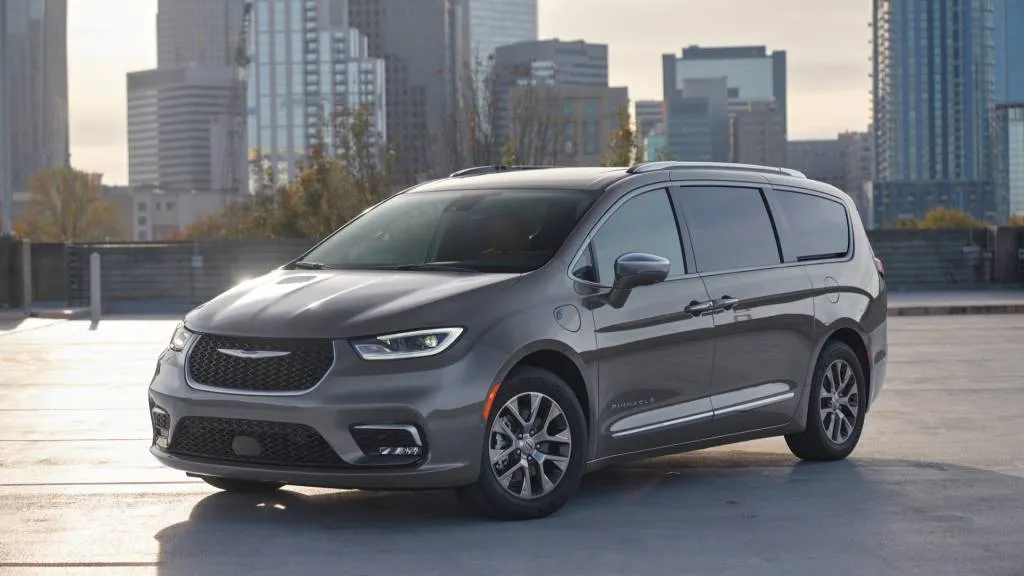According to the latest data from the 2025 J.D. Power Vehicle Dependability Study, electric vehicles have shown improvement, while plug-in hybrids have experienced a decline in performance.
The annual study, released on Thursday, focuses on the rate of reported problems with new vehicles by owners, with scores assigned based on problems per 100 vehicles. The results are based on feedback from original owners of vehicles dating back to the 2022 model year, with a sample size of 34,175 responses collected between August and November 2024.
Compared to the previous year’s study, electric vehicles have shown a decrease of 33 problems per 100 vehicles, while plug-in hybrids have seen an increase of 26 problems per 100 vehicles. This marks a significant shift from last year when electric vehicles were reported as the most problematic.

2024 Chrysler Pacifica Hybrid
The gap between electric vehicles and gasoline vehicles has narrowed, with electric vehicles now at 223 problems per 100 vehicles and gasoline vehicles at 200 problems per 100 vehicles. Plug-in hybrids have emerged as the most problematic category, with 242 reported issues per 100 vehicles, while hybrids without a plug have the fewest problems at 199 per 100 vehicles.
J.D. Power has highlighted that it’s not the powertrains but the other technology in electric vehicles that are causing these issues. The study also reveals that software connectivity issues are among the most common complaints from owners, with only 30% reporting improvements after over-the-air updates.

2022 Audi Q5 55 TFSI e plug-in hybrid
The overall industry performance has worsened this year, with a 6% increase in reported problems per 100 vehicles, averaging at 202 problems per 100 vehicles.
Despite the overall industry trend, electric vehicles continue to face more challenges compared to other vehicle types. Recent studies have shown a higher rate of owner-reported problems in electric vehicles, with plug-in vehicles, especially plug-in hybrids, being highlighted as more trouble-prone.

